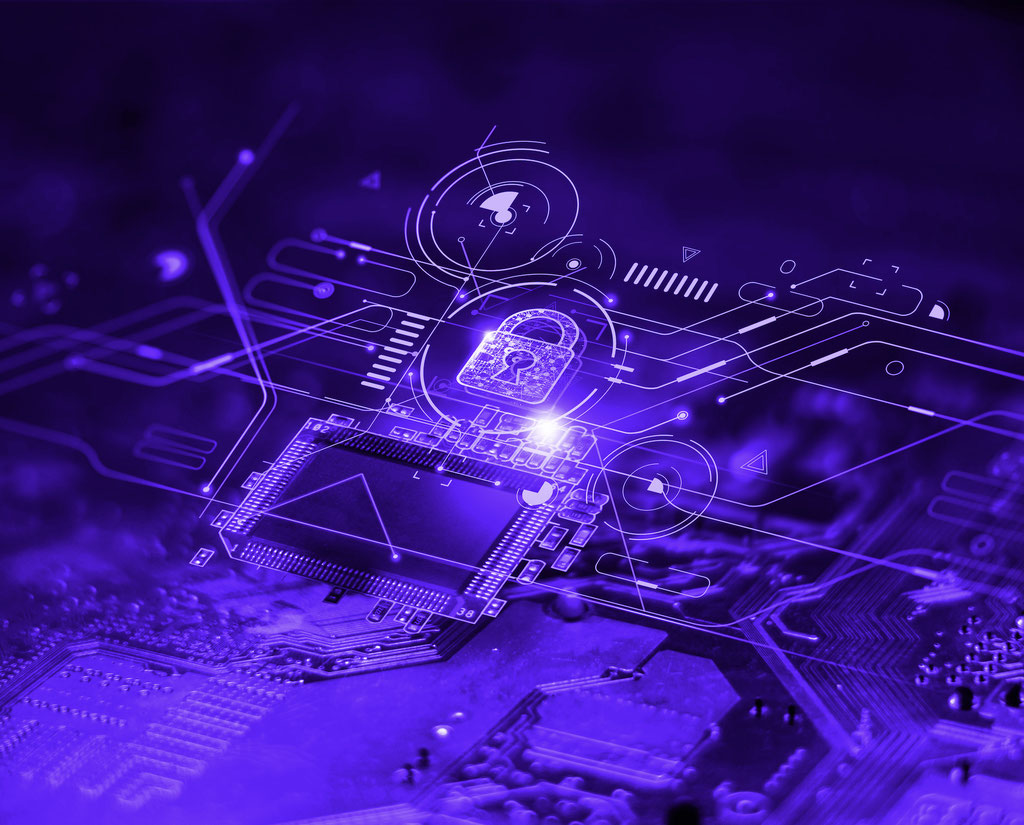
Every time you engage with the internet, your click behavior, preferences, location, and many other personal bits of data are logged and funneled into a bigger picture of what makes you who you are (and what you will likely do next.) At this point, whether it's Facebook, Snapchat, or the prison system, algorithms rule your life. What might come as a surprise about this, however, is that this is not a recent development in human history.
Defining Algorithms
Algorithms are a process or set of rules to be followed in calculations or other problem-solving operations. Yes, your favorite apps are driven by algorithms, you knew that. Did you know that the functions of modern engines are also managed by algorithms. And, if you believe Dominic Basulto, your life is an algorithm and your brain is an operating system. One truth is undeniable: processes and systems are everywhere around us.
Ancient and Modern Manifestations
The human quest for algorithmic harmony and optimization predates computers in the form of the laws and processes which governed societies and professional practices. From the Hammurabi Code, to Confucius’s Canon, to Robert’s Rules of Order. Human history is full of algorithmic mandates in an attempt to comply with, as Confucius called it: “The Mandate of Heaven."
Emmy Noether called it “The inherent symmetry of the universe." Some say Bach[a] was governed by the Alphabet of Natural Order. Nassim Taleb describes meta-algorithms as antifragility and self-organization within volatility and chaos.
Governments, organizations, and machines conventionally relied on analog, human-enforced operations. But, today with the exponential development of computing power and connectivity, the automation of algorithmic management is displacing inefficient and imperfect human operators. The internet of things, the quantified self, metadata, and blockchain ledgers are beginning to converge in the creation of a new organizational paradigm.
A New Paradigm
What should we call it? How about Decentralized Autonomous Organizations. A DAO, depending on how you look at it, is a business or an algorithm. Managed by the programming which govern the data. DAOs “make decisions” without the “oversight of a trusted third party” which simplifies the system and improves the feedback loop which informs and guides people, objects, and processes. Why do you care? Because, in essence, it makes “bosses” and micromanagement of all kinds completely obsolete.
In a nutshell: your work assignments are governed by the DAO, your performance is monitored by the DAO, and your pay is distributed proportional to performance, as the DAO sees fit.
“The DAO is a paradigm shift in the very idea of economic organization. It offers complete transparency, total shareholder control, unprecedented flexibility and autonomous governance.” ~ Seth Bannon of TechCrunch
Are you prepared to leave hierarchy behind for work within a horizontally structured, data-driven driven organization, where your ideas employ you? Could this concept be the Best Business Hack? Give a look, and see if automating ourselves out of bureaucracy and self-limiting structures sounds like something you'd like to work on.








